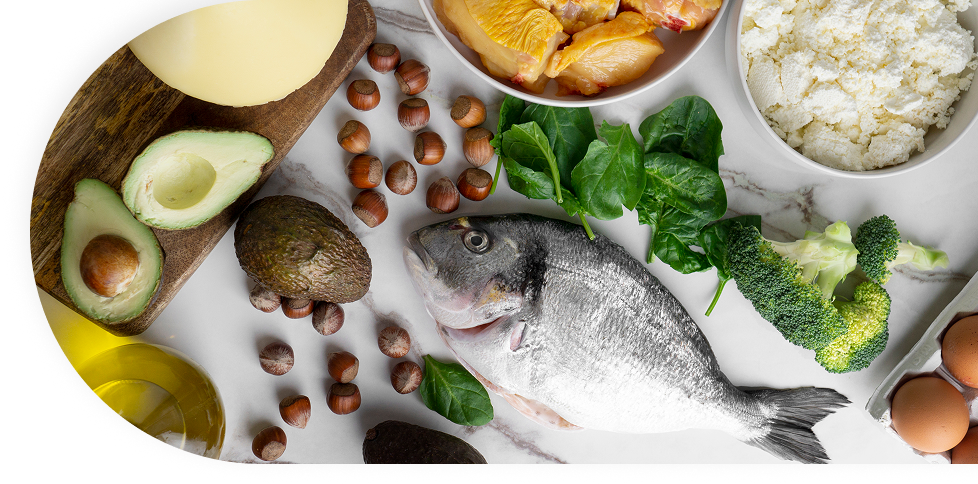
What is Vitamin B12?
Vitamin B12 Overview
Vitamin B12 belongs to a group of chemically related organic substances containing the element cobalt, an essential trace micronutrient. Also known as cobalamin.
What are the benefits of vitamin B12?
Vitamin B12 contributes to the normal red blood cell formation and contributes to normal functioning of the nervous system. Additionally, vitamin B12 contributes to normal energy-yielding metabolism and to normal psychological function.
-
Energy boost
Contributes to the reduction of tiredness and fatigue
-
Support for the nervous system
Contributes to normal functioning of the nervous system
-
Psychological well-being
Contributes to normal psychological function
-
Body
Contributes to normal energy-yielding metabolism
Ensuring an adequate intake of vitamin B12 is important for the well-being of the body. The listed benefits demonstrate the importance of incorporating this vitamin into your diet.
Which foods are highest in vitamin B12?
Most people consume enough vitamin B12 through a balanced diet. The main food sources of vitamin B12 commonly consumed include:
-
Eggs
-
Meat
-
Fish
-
Liver
-
Milk
However, in certain situations, such as for older individuals or for those following a diet low in vitamin B12 sources, oral supplements can be beneficial.

The foods richest in Vitamin B12
Vitamin B12 is naturally found in a variety of animal-based foods, such as fish, meat, poultry, eggs, and dairy products. Some examples include liver, shellfish, and fatty fish like salmon and tuna, as well as milk and other dairy products.
In addition to these, certain fortified foods – like breakfast cereals and nutritional yeast – are also reliable sources of vitamin B12, especially for those following a more plant-based diet. The body’s ability to absorb vitamin B12 can vary depending on the source.
For instance, absorption of B12 from dairy products tends to be higher than from meat or fish, and supplements generally offer even greater bioavailability than food-based sources.
Low levels of Vitamin B12
-
Vegans & vegetarians
Vegans who consume no animal products and vegetarians who consume some animal products (e.g., dairy products, eggs, or both) but not meat may have low levels of this vitamin because natural food sources of vitamin B12 are mostly limited to animal foods.
-
Elderly individuals
Older adults are more likely to experience low levels of vitamin B12.
IBSA food supplements
Discover the product best suited to your needs
-
Vitamin B12
Regular price £17.99 GBPRegular priceUnit price / per -
Vitamin D3
Regular price £14.99 GBPRegular priceUnit price / per
Food supplements should not be used as a substitute for a varied diet and healthy lifestyle.


